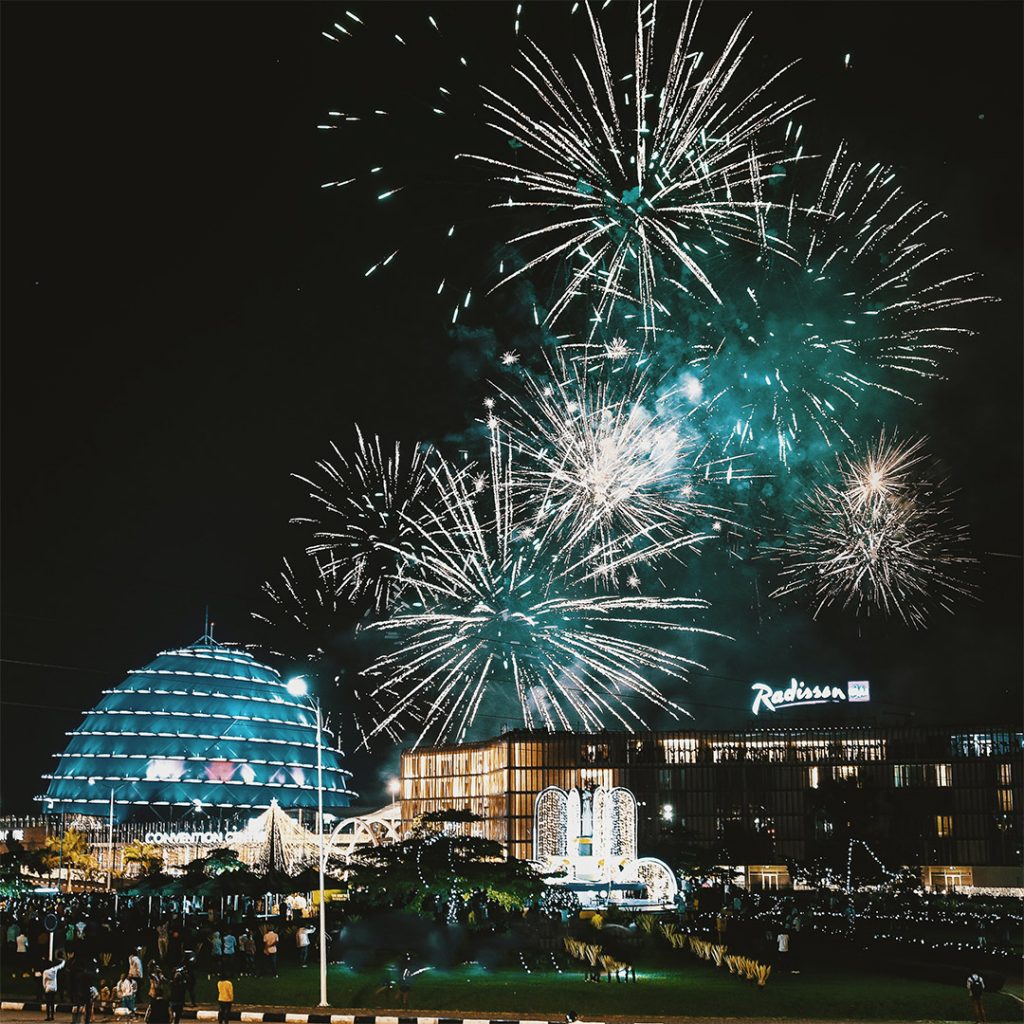Rwanda is a place to do business. When looking for investment opportunities, a chance to fulfil back office support, digital and tech development, or customer experience services then this is a place you should seriously consider.
If there’s any country in the world where initial perception is totally contradicted by reality, then this is it.
Many people’s views had been shaped by the genocide that took place nearly 20 years ago – thinking it would be dangerous. It’s close to other unsettled countries, it could be unstable, and infrastructure would, surely, be rudimentary.
It is the 11th safest country in the world. Walking, riding, or driving around Kigali, the country’s capital, at any time of day, is an absolute pleasure. People are friendly and welcoming, the street scene – all planted verges, flowers, and palms in abundance – is immaculate, it makes Britain in Bloom look like a neighbourhood allotment competition.
Then there’s the approach to business. It’s rated 38th best in the world for being business friendly, ahead of places like Portugal, the Netherlands and Belgium. It has one of the fastest growing economies in Africa with, on average, GDP increasing 7.5% each year since 2007.
From corporate directors to market traders and small business owners, the appetite for enterprise and success percolates throughout the country’s culture. Their enthusiasm and entrepreneurial spirit for doing deals, delivering service, and satisfying business needs cannot be overstated.
Rwanda’s excellent coffee and tea are rightly revered around the world. But its economy is rapidly transitioning from agriculture to manufacturing and, most significantly, to the service sector.
The country’s young and educated population is filled with English speakers and, for historical reasons, French is also widely spoken. This ensures its place as the East African hub for commerce and trade. Because of its history and the politics of the place, Rwanda has earned the enviable title of the ‘Switzerland of Africa.’
In the aftermath of the horrific genocide, the country embarked on a path of stability, reconciliation, and recovery, and grew in confidence enough to reassert itself in the region. All this has been ably led by Paul Kagame, now the president. Not only has he created a high level of economic and political stability, but the pride amongst the population is something to behold.
Even in private conversation Rwandans now refuse to talk about whether they are Tutsi or Hutu, the two groupings which, exaggerated by their Belgian colonialists, led to the genocide. That’s the past. Their focus is on the future: a united Rwanda, where people thrive in a spirit of collaboration, inspiration, and innovation.
This is underpinned by a strong belief in equality. Rwanda has more female parliamentarians than any other nation, with capable women occupying some of the top positions. When I met the Minister for ICT and Innovation, Paula Ingabire, and the Chief Executive of Rwanda Development Board, Clare Akamanzi, I was struck not by their gender, but by their talent and dynamism.
These are people that are driving the country forward at speed. Having met hundreds of politicians and civil servants, from all over the world, over many years, it was easy to see that these have a determination and ability to get things done. They have already developed Kigali into a world class central conference and events hub which benefits the whole region, and it won’t stop there. With its troubled past well and truly behind it, the future is bright for Rwanda











